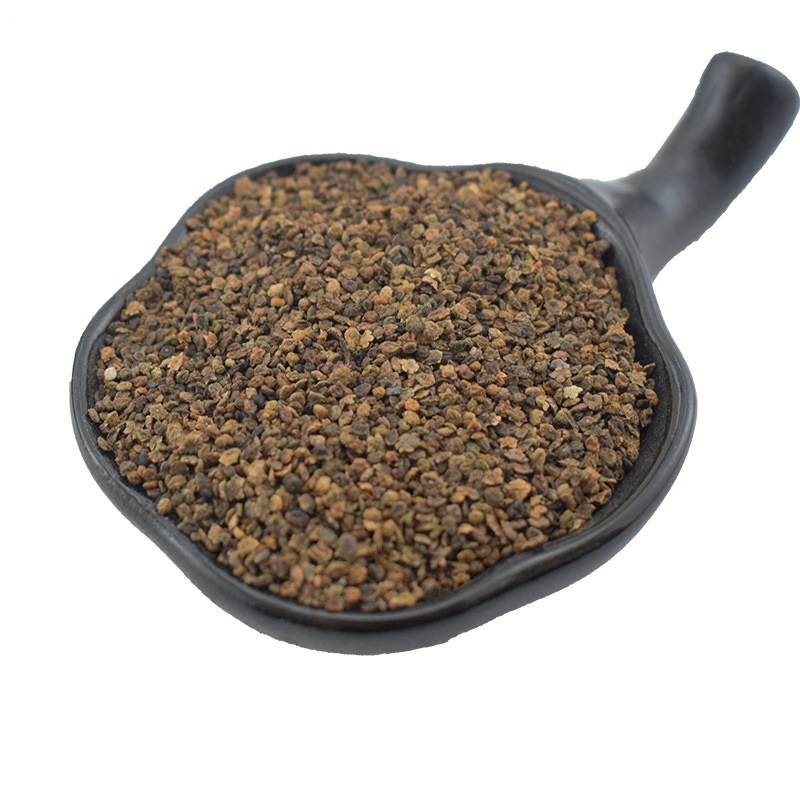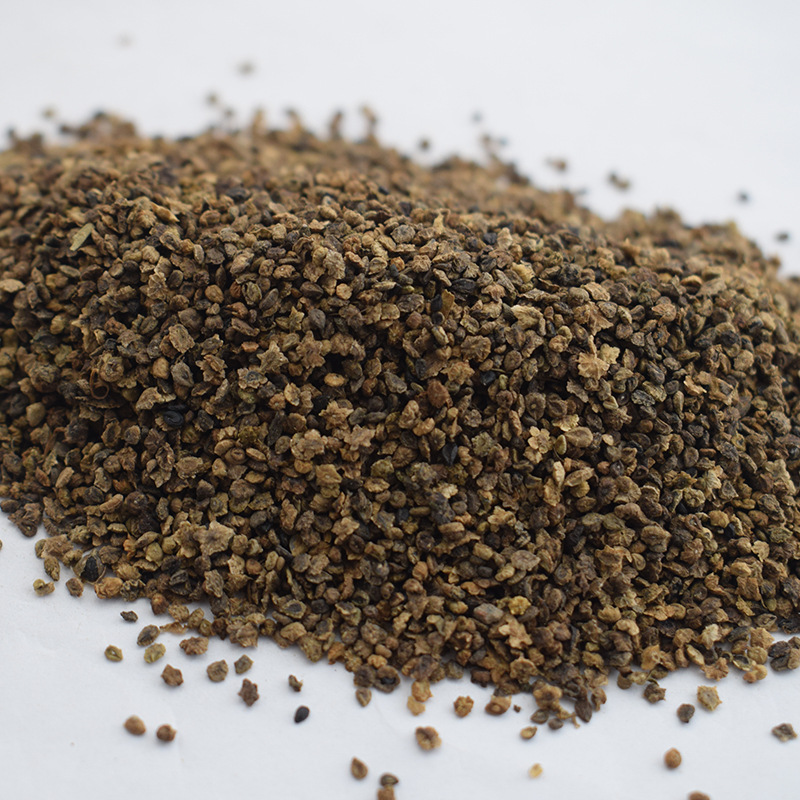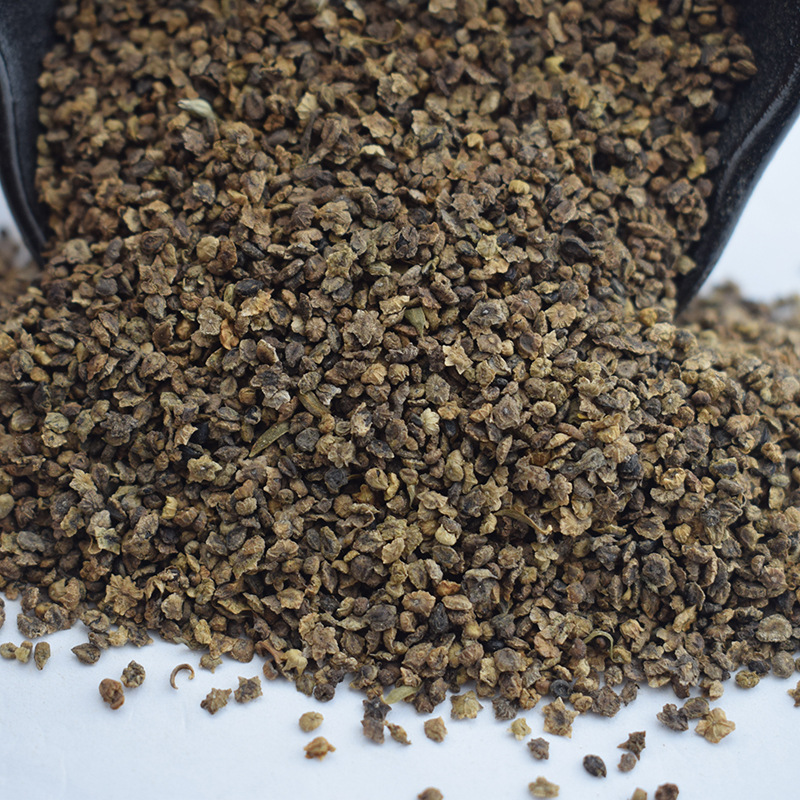
Fructus Kochiae(dì fū zi) is the dried ripe fruit of the plant Kochia scoparia, also known as burning bush or kochia, which belongs to the family Amaranthaceae. This herb has been used in traditional Chinese medicine (TCM) for its various therapeutic properties and is commonly found in China and other parts of Asia.
In TCM, dì fū zi is believed to have a diuretic effect and is often used to promote urination, reduce swelling, and clear heat. It is typically prescribed for conditions such as edema (swelling due to fluid accumulation), urinary difficulties, and skin diseases like eczema and dermatitis that are associated with damp-heat according to TCM diagnosis.
The active compounds in dì fū zi include saponins, flavonoids, and organic acids. These constituents are thought to contribute to its diuretic and anti-inflammatory effects. The herb is also used in the treatment of hypertension and for relieving itching associated with some skin conditions.
Despite its traditional use, scientific research on dì fū zi is relatively limited, and more clinical studies are needed to understand its full range of benefits and potential uses in modern medicine. As with any herbal remedy, it should be used with caution and under the guidance of a qualified healthcare practitioner to ensure safety and avoid potential side effects or interactions with medications.








